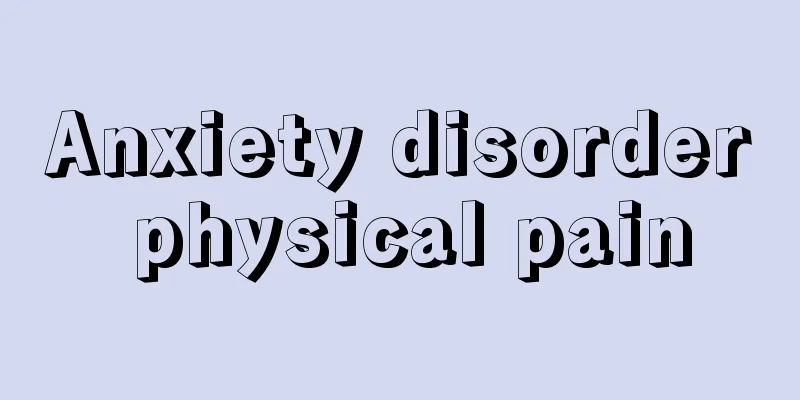What to do if nasopharyngeal carcinoma has bone metastasis? What is the best way to treat it?

|
What should we do if nasopharyngeal carcinoma has bone metastasis? How to treat it? 1. Bone metastasis of nasopharyngeal carcinoma will first cause pain. It can be said that pain is the most common symptom of bone metastasis of cancerous tissue, and nasopharyngeal carcinoma is no exception, but there are no obvious symptoms in the early stage of bone metastasis of nasopharyngeal carcinoma. When the tumor grows to a certain extent and compresses nerve endings or bone damage, it will cause pain. As the disease worsens, the persistent pain is particularly obvious at night, seriously affecting the patient's sleep quality. Some patients with low fever and anemia will have pathological fractures, bone metastasis to the neck, and even difficulty breathing and suffocation in severe cases. Although the bone metastasis rate of nasopharyngeal carcinoma is only 8.5%, it cannot be ignored. 2. Bone metastasis of nasopharyngeal carcinoma should be considered in clinical practice IV. During this period, radiotherapy is still the preferred treatment measure. Nasopharyngeal carcinoma has a certain sensitivity to radiation. The primary lesion of nasopharyngeal carcinoma and the cervical lymph node drainage area can be included in the radiation site. The 5-year survival rate of radiotherapy for each stage of nasopharyngeal carcinoma is about 50%. After radiotherapy, bone metastases can alleviate symptoms, relieve bone pain, and control metastasis. If necessary, radionuclide therapy and pamidronate disodium can also delay old bone damage. 3. Chemotherapy is also a treatment method for nasopharyngeal carcinoma: More than 95% of nasopharyngeal carcinomas are poorly differentiated and undifferentiated, with high malignancy, rapid growth, and easy lymph node or vascular metastasis. 75% of nasopharyngeal carcinoma patients have been diagnosed with nasopharyngeal carcinoma III and IV. The later the disease stage, the greater the chance of distant metastasis and the worse the prognosis. Radiotherapy is a local treatment method and cannot prevent distant metastasis. Chemical substances or combined treatment of multiple drugs may shrink tumors or eliminate small lesions and improve the treatment effect. |
<<: How to treat stage II liver cancer
>>: Can tongue cancer be detected by CT?
Recommend
The efficacy and function of red crystal
Red crystal is red crystal. Crystal is a special ...
How to deal with fever and sweating correctly
Sweating when you have a fever can actually reduc...
Is peanut candy nutritious?
Candy, this term is so familiar to everyone. It i...
What should I do if my toenails are rotten?
Rotten toenails not only make it impossible for p...
What are the differences between turtledoves and pigeons? Introduction to the physical characteristics of turtledoves and pigeons
Both turtledoves and pigeons are birds and are re...
Colon cancer can usually be seen from the abdominal mass
Colon cancer can usually be seen from the abdomin...
What to do if the eardrum is perforated? It can be repaired and treated
The eardrum, as the sound transmission organ of o...
How long can a 70-year-old man with esophageal cancer live without treatment
If esophageal cancer is not treated, the survival...
What can liver cancer patients eat to relieve pain? Precautions for liver cancer treatment in the elderly
Precautions for liver cancer treatment in the eld...
How to make your voice better?
Everyone's voice is different, but some peopl...
Should I take Levofloxacin before or after meals?
As we all know, levofloxacin tablets are suitable...
Will skipping meals cause low blood sugar?
It is normal for everyone to have three meals a d...
What to do if your arm is cold and painful
The arms will feel painful when they get cold, wh...
How much does it cost to treat rectal cancer
Cancer, also known as malignant tumor, is scary b...
What tests should be done for brain cancer
Many brain cancer patients lose their lives in th...









